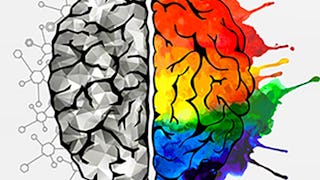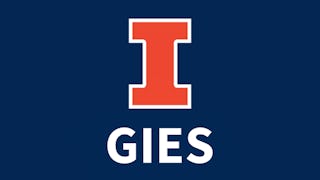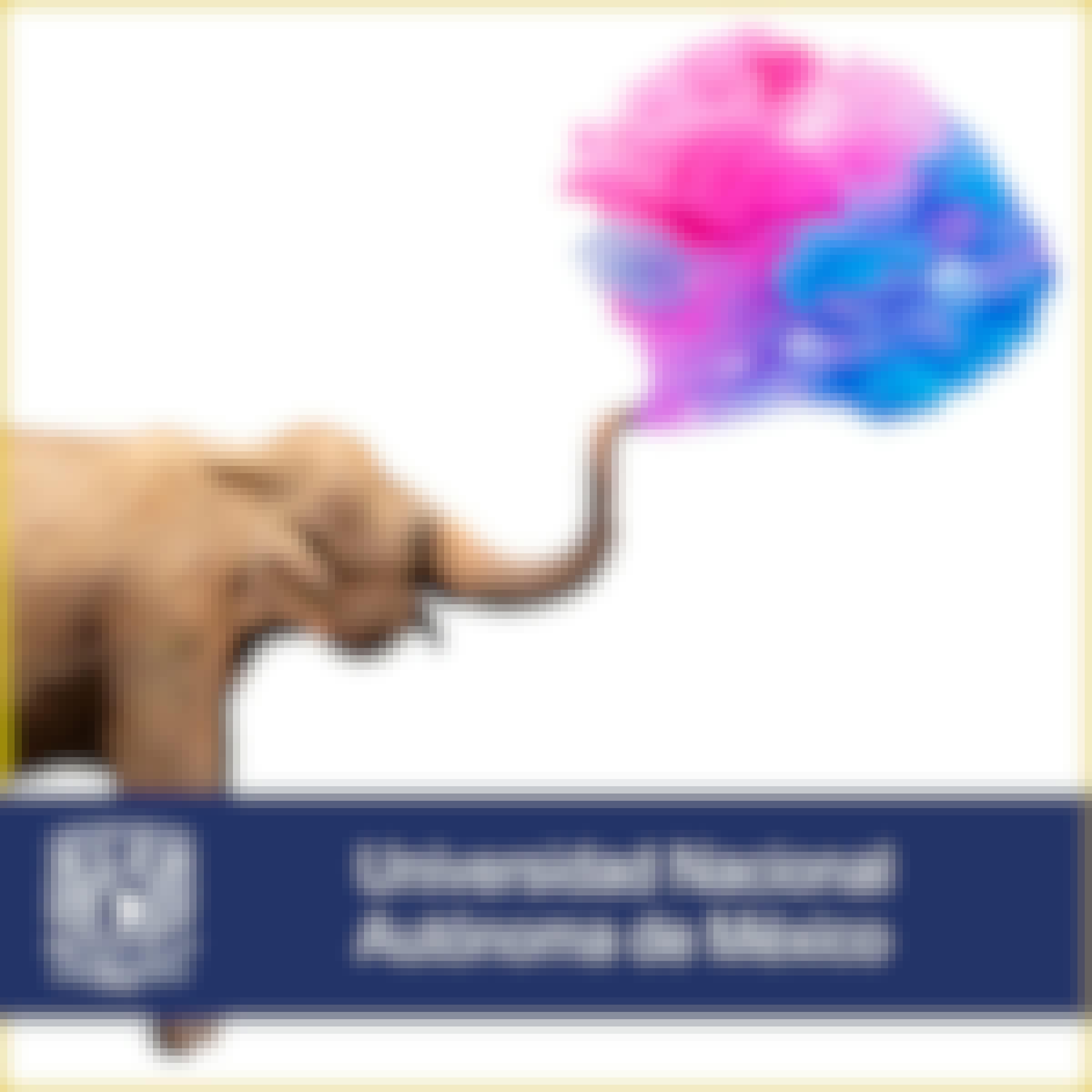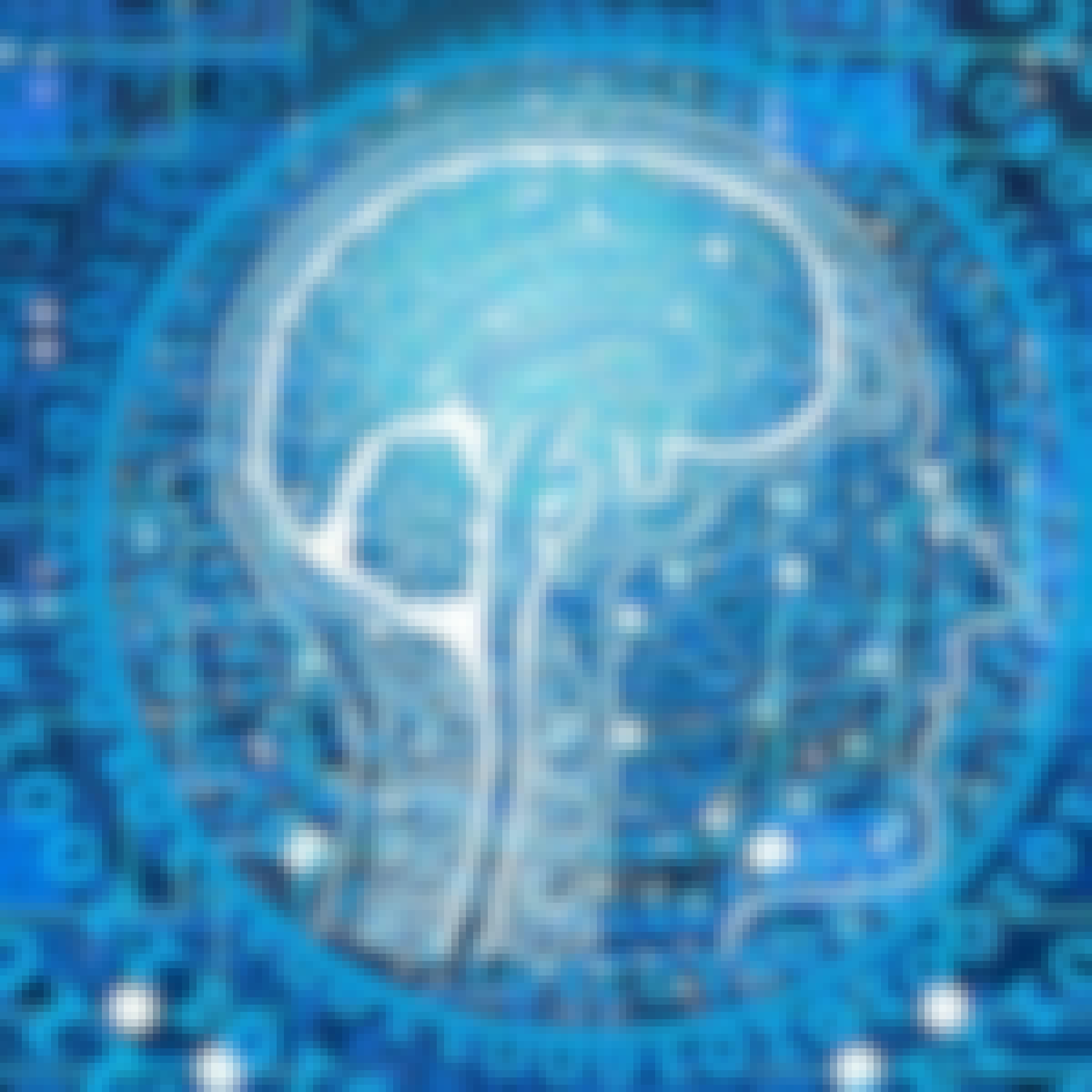Filter by
SubjectRequired
LanguageRequired
The language used throughout the course, in both instruction and assessments.
Learning ProductRequired
LevelRequired
DurationRequired
SkillsRequired
SubtitlesRequired
EducatorRequired
Explore the VR Development Course Catalog
 Status: Free Trial
Status: Free TrialUniversity of Colorado Boulder
Skills you'll gain: Excel Macros, Programming Principles, Visual Basic (Programming Language), Data Structures, Program Development, Computer Programming, Spreadsheet Software, Automation, Algorithms, Debugging, Data Management, Data Cleansing
 Status: Free Trial
Status: Free TrialUniversidad Nacional Autónoma de México
Skills you'll gain: Design Research, Innovation, Creativity, Creative Thinking, Brainstorming, Design Thinking, Design, Creative Problem-Solving, Ingenuity, Ideation, Peer Review, Design Strategies, Cognitive flexibility, Curiosity, Product Design, User Experience Design, Customer experience improvement, New Product Development, Business Modeling, Resourcefulness
 Status: Free Trial
Status: Free TrialUniversity of Illinois Urbana-Champaign
Skills you'll gain: C++ (Programming Language), Object Oriented Programming (OOP), Object Oriented Design, Development Environment, Engineering Software, Computer Programming, Software Engineering, Data Structures, Debugging, Program Development
 Status: Free Trial
Status: Free TrialInstitute for the Future
Skills you'll gain: Forecasting, Visionary, Proactivity, Innovation, Strategic Thinking, Creative Thinking, Action Oriented, Simulations, Optimism, Planning, Community Organizing, Systems Thinking, Virtual Reality, Trend Analysis, Empathy, Market Trend, Game Theory, Cognitive flexibility, Storytelling, Personal Development
 Status: Free Trial
Status: Free TrialUniversity of Maryland, College Park
Skills you'll gain: Customer Analysis, Commercialization, Business Modeling, Strategic Decision-Making, Innovation, Entrepreneurship, Entrepreneurial Finance, Market Opportunities, Business Planning, New Product Development, Sales Pipelines, Sales Strategy, Ideation, Sales Presentation, Product Development, Team Building, Business Strategies, Design Thinking, Capital Markets, Finance
 Status: Free Trial
Status: Free TrialUniversity of Illinois Urbana-Champaign
Skills you'll gain: Strategic Decision-Making, Innovation, Creativity, Team Management, Creative Thinking, Value Propositions, Entrepreneurship, Creative Problem-Solving, Technology Strategies, Ideation, Presentations, Business Modeling, Go To Market Strategy, Business Planning, Collaboration, New Business Development, Open Mindset, New Product Development, Market Opportunities, Organizational Strategy
 Status: Free Trial
Status: Free TrialUniversidad Nacional Autónoma de México
Skills you'll gain: Creativity, Creative Thinking, Brainstorming, Design Thinking, Creative Problem-Solving, Ingenuity, Innovation, Cognitive flexibility, Curiosity, Resourcefulness, Problem Solving, Decision Making, Dealing With Ambiguity
 Status: Free Trial
Status: Free TrialUniversity of Michigan
Skills you'll gain: Stored Procedure, Database Design, SQL, Relational Databases, NoSQL, PostgreSQL, Database Architecture and Administration, Database Theory, Database Management Systems, Data Modeling, JSON, Scalability, Database Management, Query Languages, Cloud Applications, Data Manipulation, Text Mining, Databases, Data Integrity, Data Import/Export
 Status: Free Trial
Status: Free TrialSkills you'll gain: OAuth, API Design, Restful API, API Gateway, Application Programming Interface (API), Cloud API, Continuous Deployment, CI/CD, Application Deployment, Google Cloud Platform, Application Lifecycle Management, Security Controls, Proxy Servers, Continuous Integration, Application Security, Software Design Documents, Middleware, Software Documentation, Network Security, Application Performance Management
 Status: Free Trial
Status: Free TrialSkills you'll gain: Exploratory Data Analysis, Feature Engineering, Statistical Inference, Data Processing, Data Access, Anomaly Detection, Statistical Analysis, Data Analysis, Data Cleansing, Data Manipulation, Machine Learning, Probability & Statistics, Data Transformation, Workflow Management, Scalability

Northwestern University
Skills you'll gain: Event Marketing, Marketing, Social Media, Media Relations, Marketing Strategies, Loyalty Programs, Brand Management, Event Planning, Public Relations, Revenue Management, Promotional Strategies, Strategic Partnership, Crisis Management
 Status: Free Trial
Status: Free TrialUniversity of Alberta
Skills you'll gain: Object Oriented Design, Unified Modeling Language, Software Design, Object Oriented Programming (OOP), Java, Maintainability, Software Architecture, Android Development, Technical Design, Conceptual Design
VR Development learners also search
In summary, here are 10 of our most popular vr development courses
- Excel/VBA for Creative Problem Solving, Part 1: University of Colorado Boulder
- Creatividad, diseño e innovación: Técnicas y herramientas: Universidad Nacional Autónoma de México
- Object-Oriented Data Structures in C++: University of Illinois Urbana-Champaign
- Futures Thinking: Institute for the Future
- Entrepreneurship: Launching an Innovative Business: University of Maryland, College Park
- Innovation: From Creativity to Entrepreneurship: University of Illinois Urbana-Champaign
- Ser más creativos: Universidad Nacional Autónoma de México
- PostgreSQL for Everybody: University of Michigan
- Developing APIs with Google Cloud's Apigee API Platform: Google Cloud
- Exploratory Data Analysis for Machine Learning: IBM










